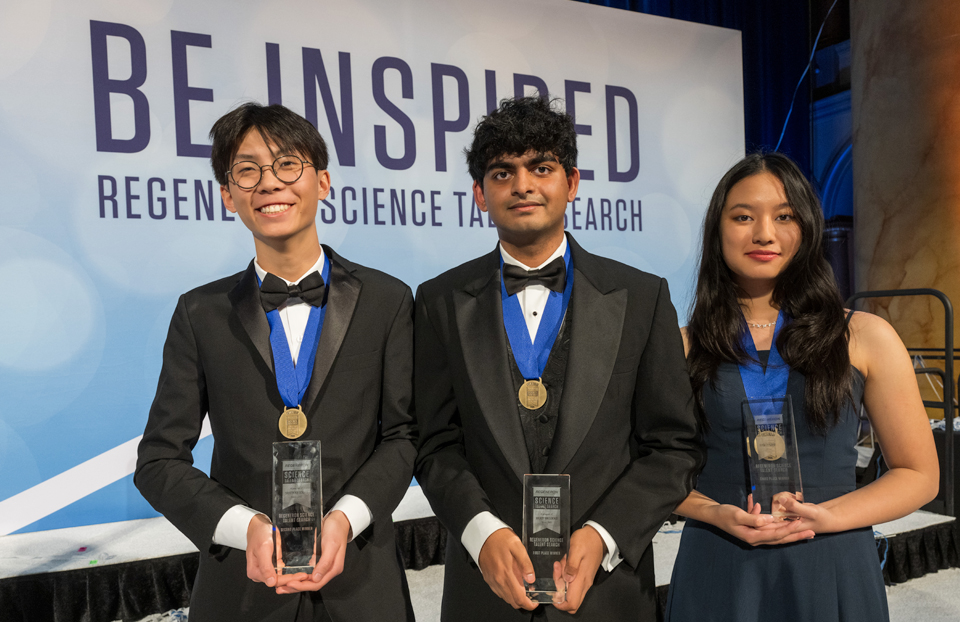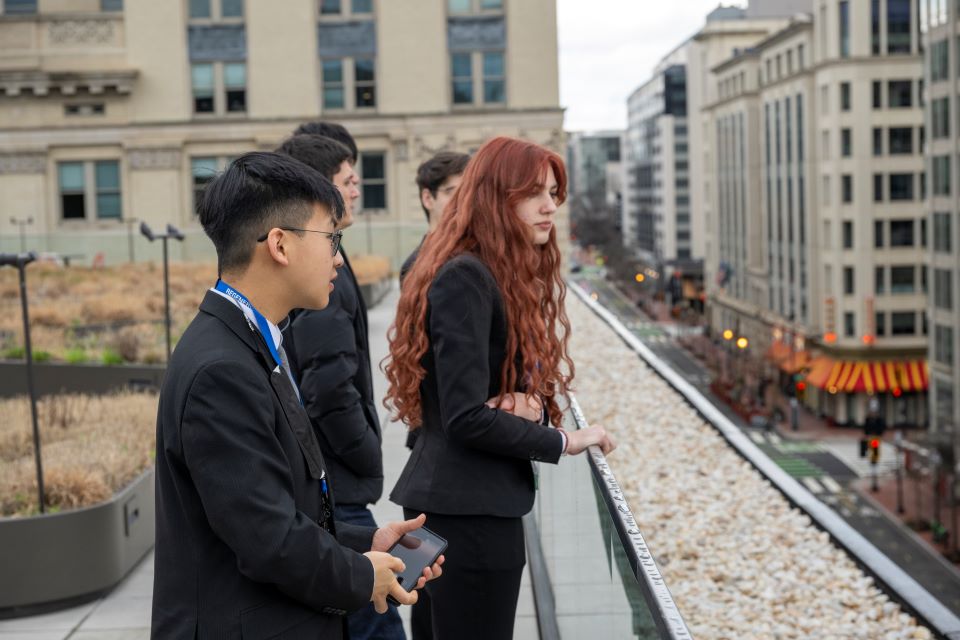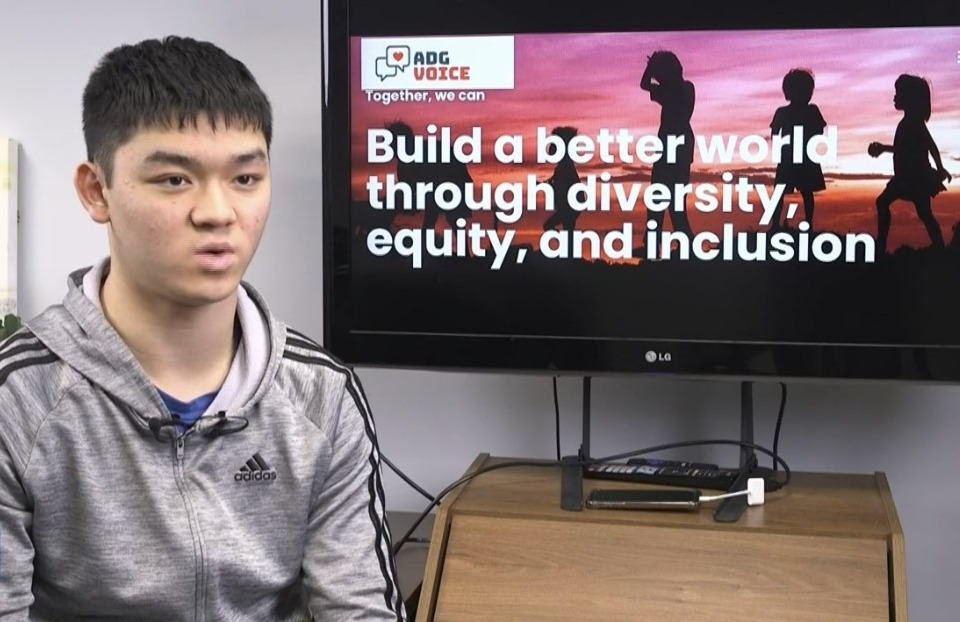Into the future: How 6 Regeneron STS finalists are answering big questions with AI
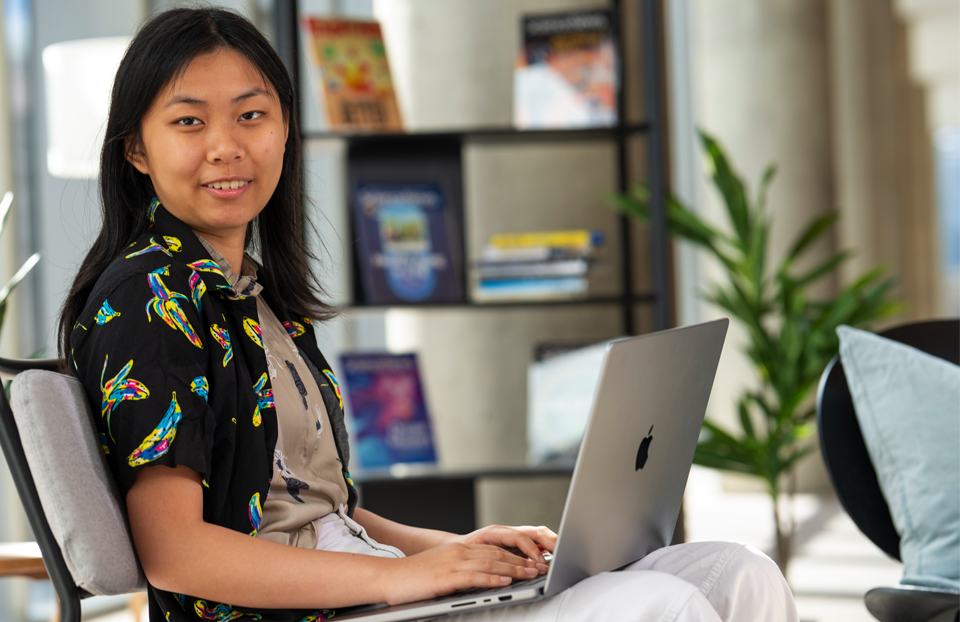
New technologies made possible by AI aren’t just transforming aspects of our everyday lives, they’re also reshaping our conceptions of what is possible. From unlocking new possibilities in the classroom to advancing solutions to some of society’s greatest challenges, we are in the midst of a machine learning revolution. It’s no surprise that many of this year’s Regeneron Science Talent Search finalists—a stellar collection of the nation’s brightest young minds—are rising experts in the field. Meet just a few who are exploring the potential of AI in their research.
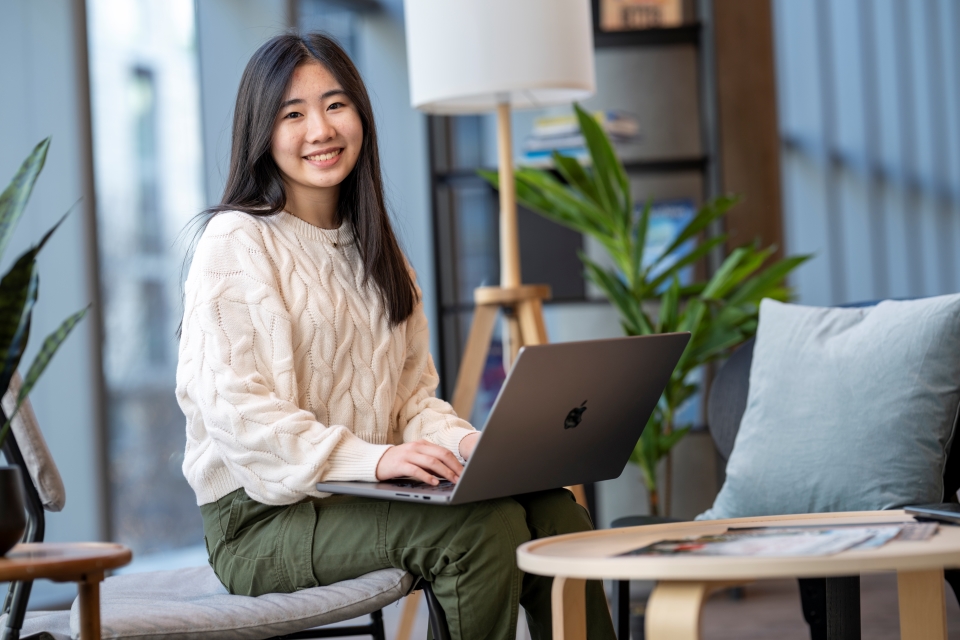
Sophie Chen
Caddo Parish Magnet High School (Shreveport, Louisiana)
Sophie’s project aims to address the time-consuming and error-prone process of analyzing tissue during removal of squamous cell carcinoma. She developed a convolutional neural network machine learning model to review microscopic images of tissue which can recognize the basic differences between tumor, inflammation and benign areas. On her future goals, Sophie says, “One day, I’d love to work in a biotech company or even start one of my own. Regardless of where I end up, I hope to harness the power of AI to drive transformative change in healthcare settings.”
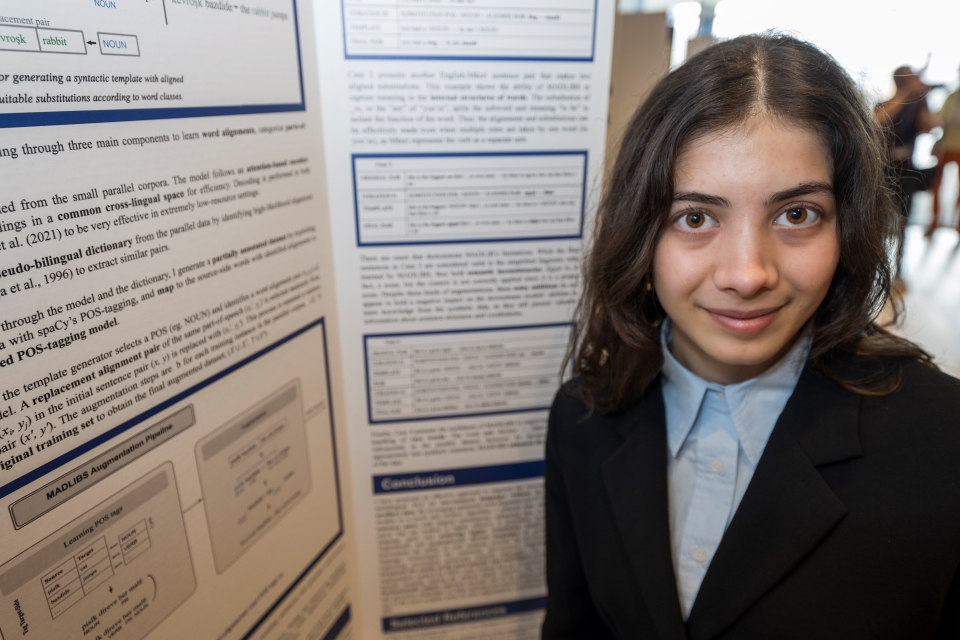
Zeyneb Kaya (5th Place Winner)
Saratoga High School (Saratoga, California)
Drawing from a profound passion for linguistics and computer science, Zeyneb developed a natural language processing algorithm, akin to ChatGPT, with a goal of preserving endangered languages. While many large language models benefit from massive quantities of easily available text to learn from, lesser spoken languages often lack those advantages. To address the relative shortage of training material, Zeyneb created an algorithm that generates additional text in these target languages, allowing for subsequent natural language processing algorithms to work better.
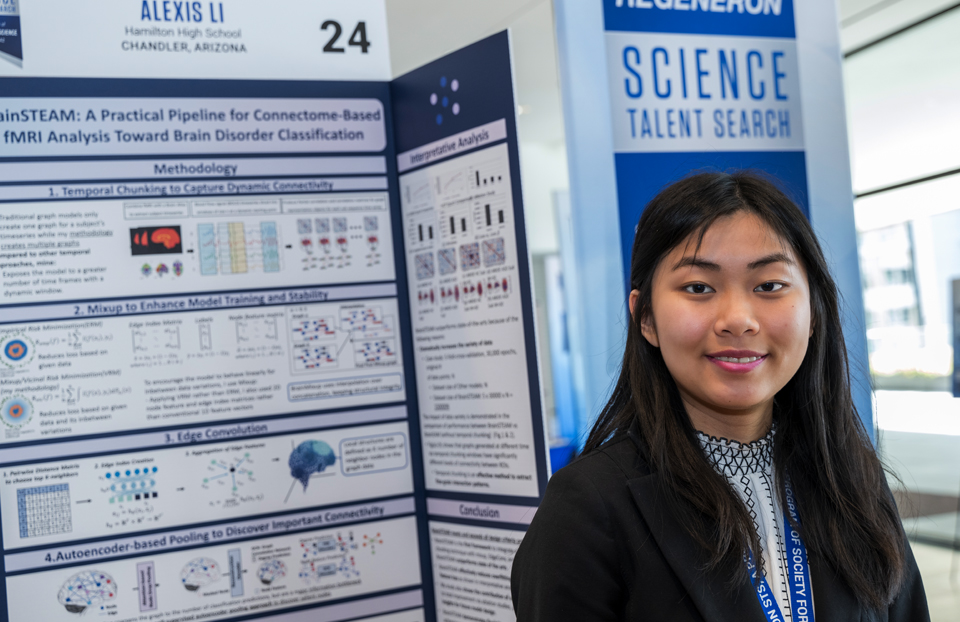
Alexis Li
Hamilton High School (Chandler, Arizona)
Alexis developed BrainSTEAM, a suite of machine learning tools that identify key neural patterns in neuropsychiatric conditions. BrainSTEAM works by analyzing MRI images to determine the strength of the connections between regions of the brain, which can help identify key neural patterns in conditions including autism spectrum disorder, ADHD and depression. Alexis’ research may help health professionals diagnose these conditions earlier and more accurately, as current diagnoses often rely solely on subjective evaluation.
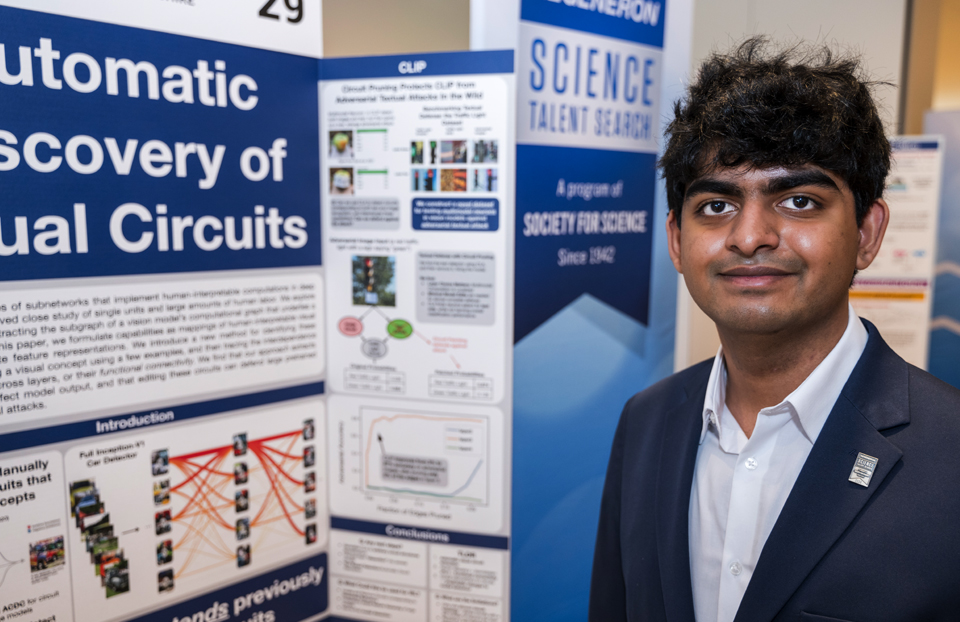
Achyuta Rajaram (1st Place Winner)
Phillips Exeter Academy (Exeter, New Hampshire)
Achyuta created an automatic method to better understand how deep learning models make decisions. With particular regard to questions on computer vision, such as how AI models detect objects and generate images, Achyuta is working to answer the murky question of what these models are “thinking” as they generate outputs from inputs. His research holds promise in making the wide-ranging applications of these models more effective, safe and fair in the future.
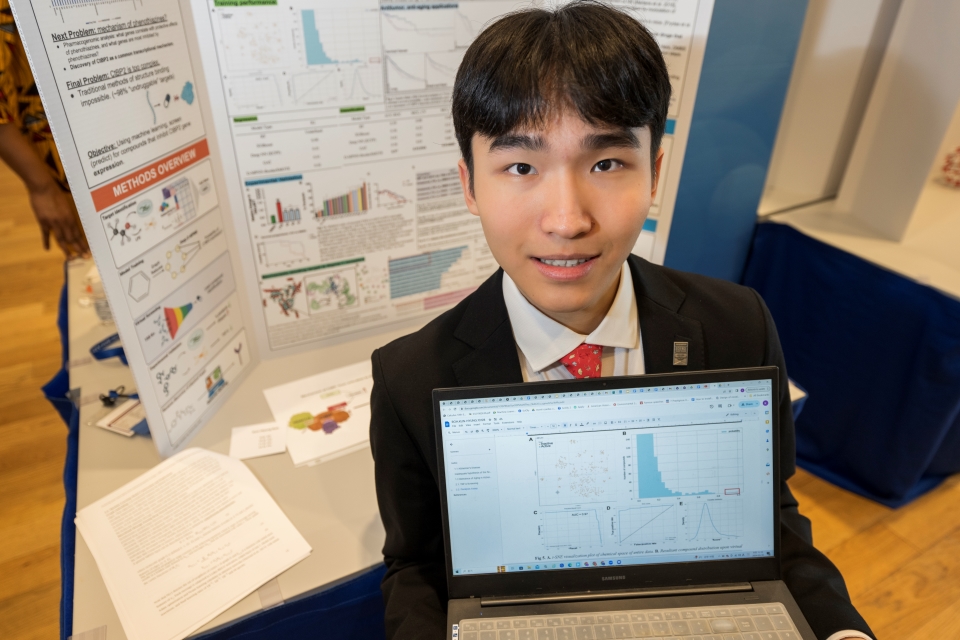
Kun-Hyung (Kyle) Roh
Bronx High School of Science (Bronx, New York)
Kyle developed a machine learning model that may save valuable time in discovering and developing new drugs, particularly for Alzheimer’s disease. His model identifies potential substances and compounds that may inhibit gene expression of key proteins more effectively. Additionally, Kyle founded his school’s machine learning club, which partners with a local nonprofit to provide free computer science education to area middle school students.
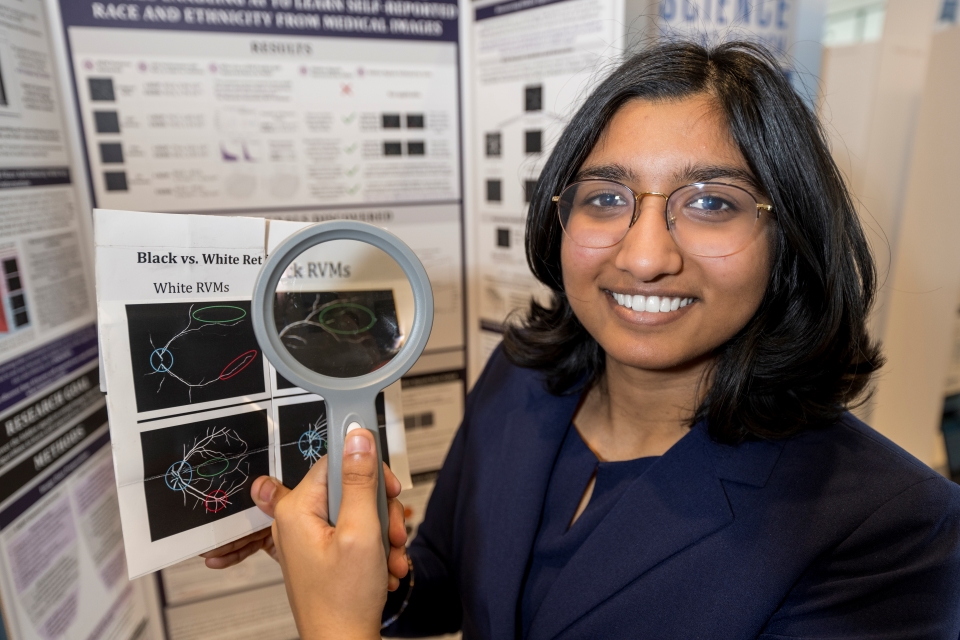
Riya Tyagi
Phillips Exeter Academy (Exeter, New Hampshire)
Using computer vision, Riya discerned how AI models learn to determine patients’ race and ethnicity from anonymous medical images. This understanding will be key in minimizing bias in healthcare, especially as AI tools become more prevalent across medical fields. Regarding her future goals, Riya says, “I’d love to work as an AI ethicist but also in climate tech. I think we have so much to love about and learn from the wildlife around us.”
